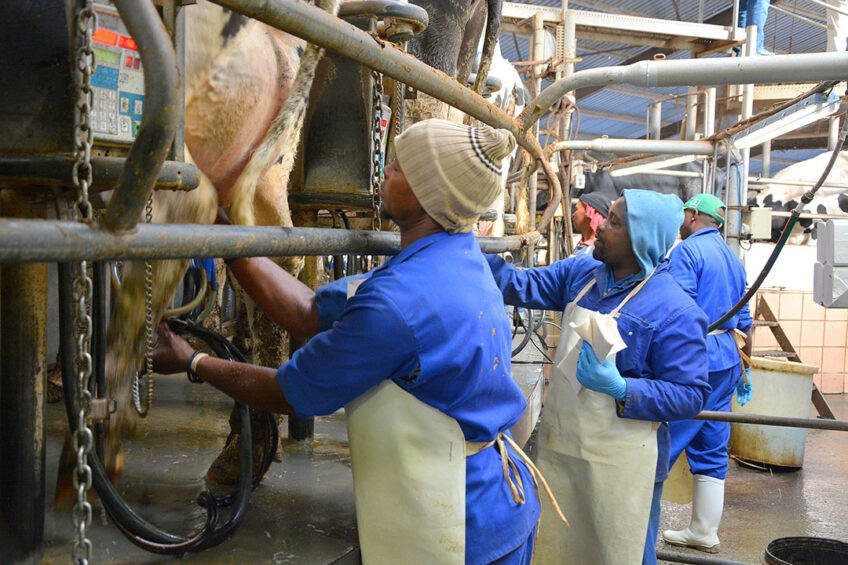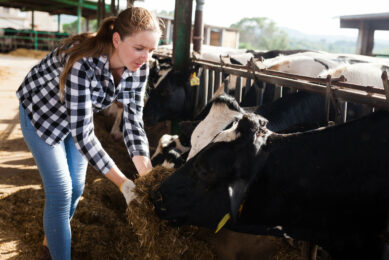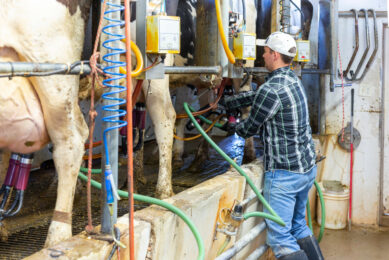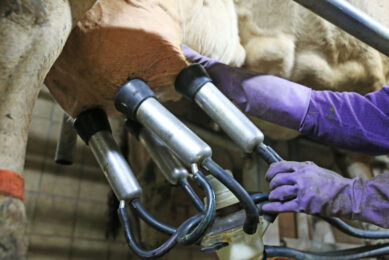Thousands of Africans going to work on Israeli dairy farms

Several African countries are sending farm workers to help out in Israel after the Hamas claimed the lives of staff and forced many others to flee.
Workers from Thailand, and other foreign countries, normally travel to Israel to help out on the farms, but since the war started on 7 October, over 10,000 of those workers have returned home to their countries. Over 30 Thai farm workers were killed.
Dairy workers in Israel
Palestinian workers made up almost 20% of the farm workforce in Israel, but the Israeli government has banned them from continuing to work there. On top of that, the Israeli government has called 360,000 reservists back to its army, which has also affected the labour force.
This has left a huge void in Israel’s farm labour force, which is currently being filled by volunteers from across Israel who have limited or no farming experience. Israel currently needs in the region of 30,000 to 40,000 workers for its farms to help keep them operational.
Kenya has already sent 1,500 workers, while 221 from Malawi have also travelled to Israel. These casual workers will be employed under 3-year renewable contracts that pay around US$1,500 net income per month.
Dairy workers from Africa
According to Israel’s ambassador in Kenya, Michael Lotem, Israel is also planning to recruit farm workers from Uganda and had already started taking in workers from Tanzania.
Lotem said: “We are looking to East Africa to fill the labour gap as we have had student internships programmes in place for many years with these countries and it has been a good experience.”
High unemployment in some African countries, such as Malawi, is one of the bigger factors that is pushing young people to leave their country and work abroad. However, many of the African workers are concerned about their living conditions in Israel, amid fears for their safety as the war continues.
In response to safety fears, Lotem added that the farm workers would not be placed in areas close to the conflict, and they would have the same protection as Israelis.
Join 13,000+ subscribers
Subscribe to our newsletter to stay updated about all the need-to-know content in the dairy sector, two times a week.










